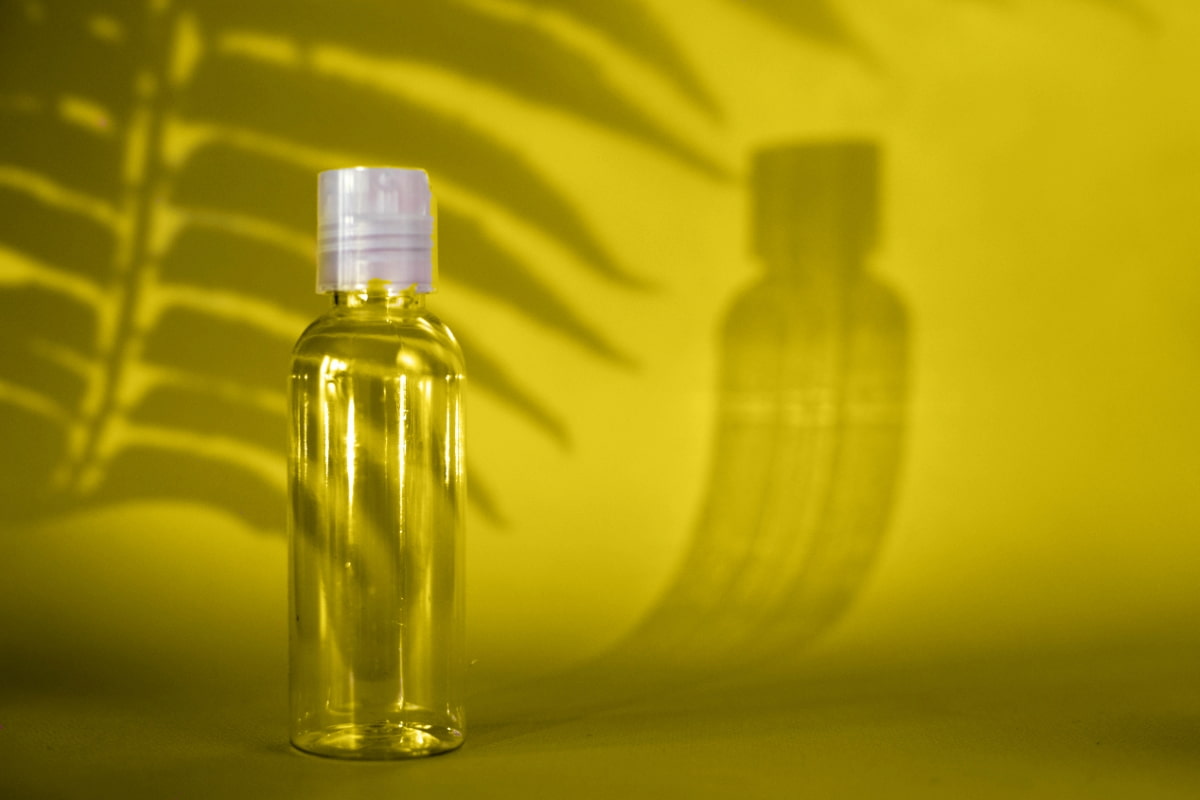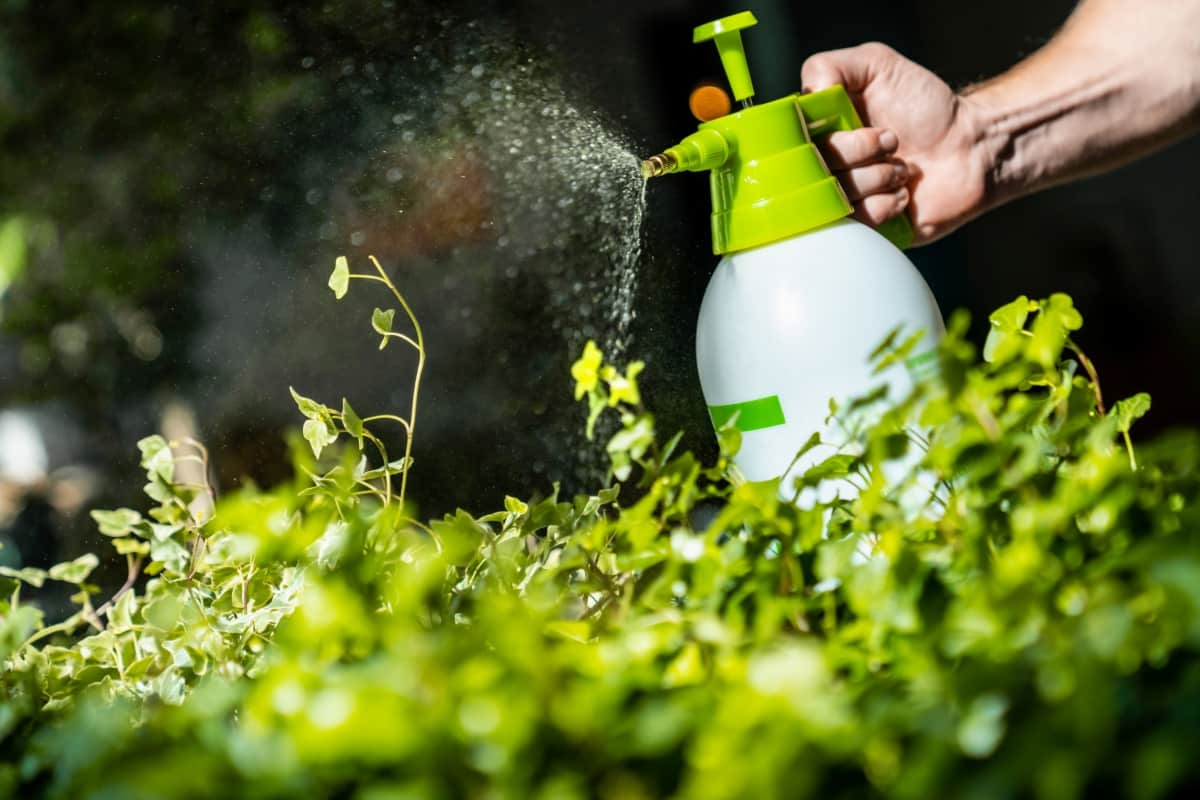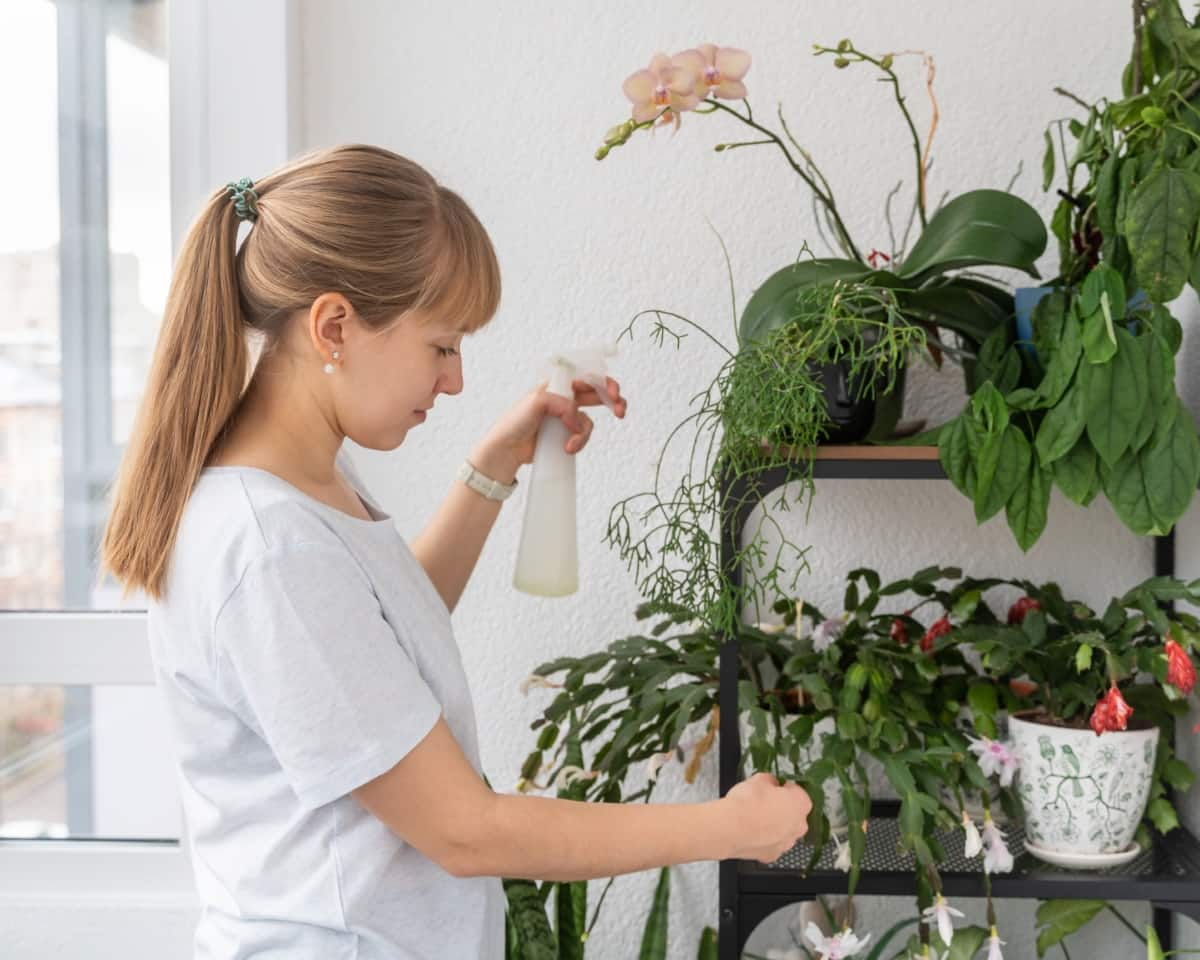Neem oil, extracted from the neem tree’s seeds, emerges as a natural panacea for controlling scale insects on plants. These minuscule pests, known for infesting various plant species, can wreak havoc on gardens and landscapes. Neem oil’s efficacy against scale insects lies in its multifaceted properties, acting as a potent antifeedant, insect growth regulator, and repellent. This eco-friendly solution provides a sustainable alternative to chemical pesticides, promoting a balanced and thriving garden ecosystem.

Neem Oil Application for Scale Insect Control
Neem Oil and its Benefits for Scale Insects
The oil’s active compounds, such as azadirachtin, disrupt the life cycle of scale insects, impeding their growth and reproduction. Acting as a potent antifeedant, neem oil discourages feeding activity, starving the scales and preventing further damage to plants. Moreover, neem oil serves as a repellent, deterring these pests from infesting plants in the first place.
Unlike synthetic pesticides, neem oil is biodegradable and poses minimal harm to beneficial insects, preserving the delicate ecological balance of your garden. Regular application of neem oil not only eradicates existing scale infestations but also acts as a preventive measure, safeguarding plants against future attacks.
How to Prepare Neem Oil to Use on Scale Insects
Begin by obtaining cold-pressed neem oil, which retains essential compounds for maximum potency. To create a neem oil solution, mix one to two teaspoons of neem oil with a mild liquid soap or insecticidal soap. The soap helps emulsify the oil, ensuring even distribution. Blend this mixture thoroughly in a gallon of water to create a well-balanced solution. Before applying it to the entire plant, conduct a small patch test to monitor for any adverse reactions. Once confirmed safe, transfer the solution to a spray bottle for easy application.
How to Apply Neem Oil on Scale Insects
With the neem oil solution ready, it’s time to apply it to the affected plants. Cover both upper and lower leaf surfaces, as scale insects can hide on the undersides of leaves. Generously spray the neem oil solution on the infested areas, making sure to coat the scales and their eggs thoroughly.
In case you missed it: Neem Oil Application for Spider Mites Control: Natural Ways to Control Spider Mites on Plants

Repeat this application every 7-14 days, adjusting the frequency based on the severity of the infestation. Consistent treatment is essential to disrupt the scale insect life cycle and prevent further damage to your plants. Consider applying neem oil in the early morning or late afternoon to avoid leaf burn in direct sunlight. Be patient and persistent, as neem oil works gradually to control scale insects.
Mixing and Dilution for the Right Concentration of Neem Oil for Scale Insects
Begin the mixing process by measuring one to two teaspoons of neem oil. The addition of mild liquid soap or insecticidal soap is essential for emulsification, aiding in the even distribution of the neem oil. To dilute the neem oil and soap mixture to the right concentration, combine it with 4 liters of water.
This dilution ensures that the neem oil is potent enough to combat scale insects while avoiding any potential harm to the plants. Thoroughly blend the components to achieve a homogeneous solution. The resulting neem oil solution can be transferred to a spray bottle for convenient and precise application.
How Long Does Neem Oil Stay Effective on Scale Insects?
Neem oil’s effectiveness against scale insects persists for about 7 to 14 days after application. However, the duration can vary depending on environmental factors, such as sunlight, rain, and the growth stage of the scale population. Reapplication at regular intervals is crucial to disrupt the life cycle of scale insects effectively. This consistent approach ensures that newly hatched nymphs and adult scales are targeted, preventing the infestation from rebounding.
Using Neem Oil Along with Other Pest Control Methods
Crop Rotation: Practice crop rotation to disrupt the life cycles of pests. Moving plants to different locations each season can help prevent the buildup of specific pests in the soil.
Good Garden Hygiene: Keep the garden clean by removing debris, fallen leaves, and weeds. Pests often thrive in unkempt areas, so maintaining good hygiene reduces their hiding spots and breeding grounds.
Diatomaceous Earth: Dusting plants with diatomaceous earth, a fine powder made from fossilized diatoms, can be an additional measure. It acts as a mechanical insecticide, damaging the exoskeleton of pests.
Biological Controls: Explore biological control options, such as nematodes, which are microscopic organisms that target and control soil-dwelling pests. This can complement neem oil’s effectiveness against above-ground pests.
In case you missed it: Neem Oil Application for Leaf Miners Control: Natural Ways to Get Rid of Leaf Miners on Plants

Some Common Pests and Diseases that Neem Oil Can Control on Scale Insects
Aphids: Neem oil acts as a deterrent for aphids, soft-bodied insects that sucks plant sap. It disrupts their feeding and reproductive processes, reducing their population.
Whiteflies: Whiteflies, tiny insects that cluster on the undersides of leaves, are susceptible to neem oil. The oil disrupts their feeding behavior and inhibits their ability to reproduce.
Spider Mites: Neem oil is effective against spider mites, which are common pests that suck plant juices, causing stippling and webbing. It disrupts their feeding and molting processes.
Leafhoppers: Neem oil acts as a repellent against leafhoppers, preventing them from feeding on plant sap and transmitting diseases in the process.
Caterpillars: Neem oil disrupts the feeding and growth of caterpillars, providing a natural means of control without harming beneficial insects.
Fungal Diseases: Neem oil has antifungal properties, making it effective against various fungal diseases such as powdery mildew and rust. It inhibits the fungi’s growth and prevents the spread of infections.
Bacterial Diseases: Neem oil’s antibacterial properties can help control bacterial diseases, including leaf spot and bacterial blight. It acts by suppressing the growth and development of harmful bacteria.
How to Monitor the Effectiveness of Neem Oil on Scale Insects
- Begin by regularly inspecting your plants for signs of scale activity, including the presence of live insects, honeydew, and sooty mold.
- After applying neem oil, observe the treated plants for a reduction in scale populations. Look for changes in the appearance of scales, such as a decrease in mobility or size.
- Monitor the overall health of the plant, including the condition of leaves and new growth. Successful treatment should result in a decline in scale numbers and a healthier, less-stressed plant.
- If there’s limited progress, consider adjusting the frequency of neem oil applications based on the severity of the infestation.
- Additionally, reassess environmental factors that may influence neem oil efficacy, such as sunlight and rain.
Safety Precautions to Take when Using Neem Oil on Scale Insects
- Begin by wearing appropriate protective gear, including gloves, long sleeves, and safety goggles, to minimize skin and eye contact with the oil.
- Choose a well-ventilated day for application to reduce inhalation risk. Avoid applying neem oil in windy conditions to prevent drift.
- Prior to applying the neem oil solution to the entire plant, do a test on a small area to ensure your plant tolerates the treatment without adverse effects.
- Keep the neem oil out of reach of children and pets, avoid ingestion, and wash hands thoroughly after handling neem oil.
- Apply neem oil in the early morning or late afternoon to minimize the risk of leaf burn in direct sunlight.
In case you missed it: Neem Oil Application for Grasshoppers Control: Natural Ways to Get Rid of Grasshoppers on Plants

Conclusion
In conclusion, neem oil stands as a natural and effective solution for controlling scale insects on plants. Its multifaceted properties disrupt the scale life cycle without harming beneficial insects or the environment. By incorporating neem oil into your gardening routine, you not only combat existing infestations but also promote a sustainable and thriving garden ecosystem, offering a greener alternative to chemical pesticides.
- Ultimate Guide to Ossabaw Island Hog: Breeding, Raising, Diet, and Care
- Ultimate Guide to Juliana Pig: Raising Facts, Size, Diet, Care, and Lifespan
- Raising Lleyn Sheep: Disadvantages, Price, Uses, Characteristics, and Care
- Ultimate Guide to Meishan Pig: Breed Facts, Breeding, Raising, and Care
- Ultimate Guide to Teacup Pigs: Raising, Diet, Lifespan, Cost, and Care
- Guide to Raising Poll Dorset Sheep: Facts, Profile, Characteristics, Uses, and Care
- Ultimate Guide to Bighorn Sheep: Characteristics, Diet, Lifespan, Breeding, and Lifecycle
- Ultimate Guide to Raising Katahdin Sheep: Farming Facts, Breed Profile, Uses, and Care
- Ultimate Guide to Raising Oreo Cows: Belted Galloways Farming Facts, Profile, Uses, and Care